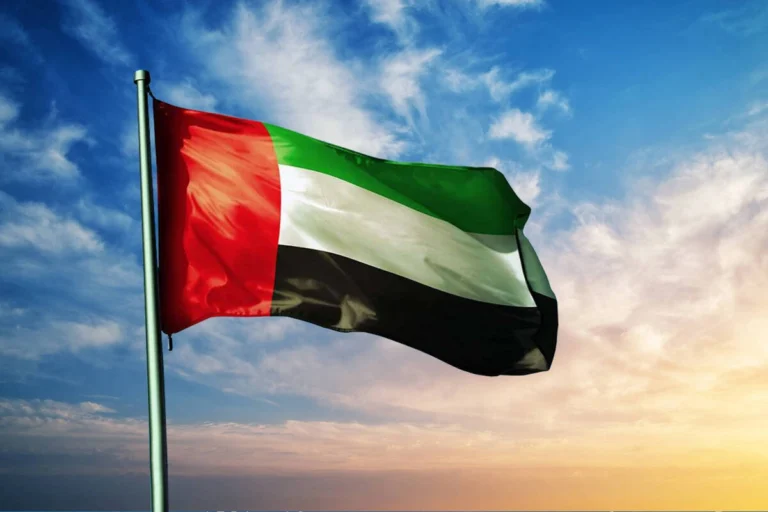September 23, 2025 | Dubai, UAE: There has been a significant policy shift; Kuwait bans expats and GCC nationals from 120 designated freelance jobs under the new regulations that reserve all of these business just for Kuwaiti citizens. The Ministry of Commerce and Industry’s Resolution No. 168 of 2025 has expanded the validity of the Kuwait freelance licenses to up to four years, while on the other hand, lowered the capital requirements, which marks a major move towards economic nationalisation.
Comprehensive Restrictions on Kuwait Bans Expats and GCC Nationals Policy
Under the new framework, Kuwait bans expats and GCC nationals from participating in any of the 120 defined freelance jobs as founders, partners, or managers. The restricted activities span consulting services, creative work, tourism guidance, real estate brokerage, photography, and facility management. To qualify for Kuwait freelance licences, applicants must be Kuwaiti nationals aged 21 or older with clean criminal records, operating single-person companies with registered addresses and landlord approval for home-based businesses.
In a unique move, the Ministry of Commerce and Industry is offering free digital identity verification and e-signature services for first-time licence applicants, cutting approval times from weeks to just 48 hours. Additionally, licence holders gain automatic eligibility for microfinance grants of up to KD 2,000 and discounted training vouchers from partner institutions, ensuring they not only start but also scale their freelance ventures. A pilot remote-licensing feature allows Kuwaitis living abroad to register and renew their licences entirely online, supporting the diaspora’s role in national economic diversification.
Extended Licensing Terms and Reduced Capital Requirements for Freelance Jobs
The policy reforms significantly benefit eligible Kuwaiti citizens seeking to enter freelance jobs. Kuwait freelance licences now remain valid for four years instead of one, reducing administrative burden and providing business stability. The minimum capital requirement has been halved to KD 50, making entrepreneurship more accessible to local citizens. Multiple related activities can be bundled under a single licence through the Ministry’s “Sahl” and “Sahl Business” digital applications, streamlining the registration process for approved freelance jobs.

The reforms also introduce an annual “Freelancer Forum,” where licence holders receive priority registration for exclusive government tenders and networking events with public and private sector partners, unlocking contract opportunities previously limited to larger firms.
Enforcement Mechanisms and Compliance Requirements for Kuwait Freelance Licences
Licensed holders of Kuwait freelance licences must maintain strict transparency standards, including displaying commercial registration numbers on all official accounts and conducting business exclusively through electronic payments. Annual submission of bank statements, financial reports, and social media data to the Ministry ensures ongoing compliance monitoring. The Trade Classification Committee retains authority to define, modify, or cancel any activities within the protected freelance jobs category, providing regulatory flexibility.

The move also accelerates Kuwait’s digital shift: with mandatory e-payments and online compliance, businesses are generating valuable data insights that the government can leverage to refine economic policy and target support where it’s most needed. By fostering a transparent, citizen-driven freelance ecosystem, Kuwait is laying the groundwork for a more resilient, diversified economy that can better withstand global market fluctuations.
Economic Impact of Kuwait Bans Expats and GCC Nationals Decision
The decision to restrict freelance jobs represents Kuwait’s broader nationalisation strategy aimed at boosting local entrepreneurship and ensuring regulatory compliance. By reserving these economic activities for citizens, Kuwait seeks to create sustainable employment opportunities while addressing concerns about unauthorised business practices that previously undermined legitimate operations. The policy particularly targets sectors where small and medium enterprises can contribute significantly to the non-oil economy, aligning with Kuwait’s diversification goals.

This sweeping reform reflects Kuwait’s commitment to strengthening citizen economic participation through protected freelance jobs and streamlined Kuwait freelance licences. As the policy takes full effect, the restrictions on Kuwait bans expats and GCC nationals will fundamentally reshape the country’s freelance landscape, prioritizing local talent development over foreign participation in key economic sectors.
Stay tuned for updates on how affected expatriates are adapting to these changes and exclusive insights into Kuwait’s evolving business regulations. Don’t miss our upcoming analysis of regional policy trends across the Gulf!
Read More: Top 10 Safest Countries: GCC Countries Dominate Global Nighttime Safety Rankings















